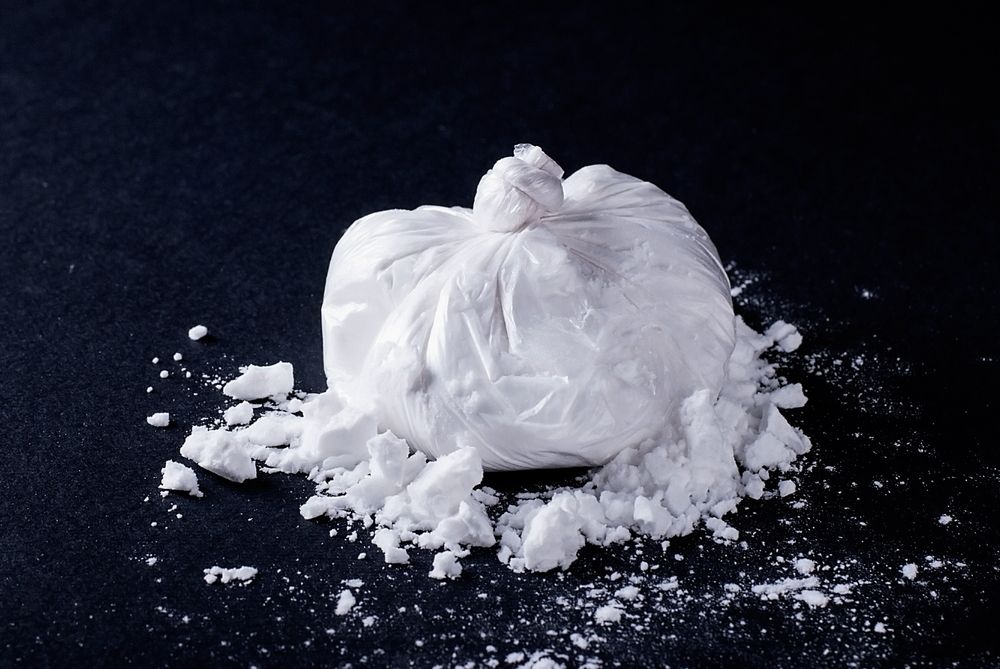How To Properly Make Crack Cocaine
Posted By admin On 19.11.18
Style: Tell us first about Crack, then give variations, exceptions, etc. Almost every section. This claim is absurd since, 'as everybody knows,' crack cocaine is made by cooking powder cocaine with baking soda. Do you think it would make sense to merge the article on femur into the article on bone? I hope this is a. How to Make Crack in a Microwave. A man was arrested for making crack cocaine in his microwave.
How To Properly Make Regen Chests Minecraft
In 2013, cocaine accounted for almost 6 percent of all admissions to drug abuse treatment programs. The majority of individuals (68 percent in 2013) who seek treatment for cocaine use smoke crack and are likely to be polydrug users, meaning they use more than one substance. Those who provide treatment for cocaine use should recognize that drug addiction is a complex disease involving changes in the brain as well as a wide range of social, familial, and other environmental factors; therefore, treatment of cocaine addiction must address this broad context as well as any other co-occurring mental disorders that require additional behavioral or pharmacological interventions. Pharmacological Approaches Presently, there are no medications approved by the U.S. Food and Drug Administration to treat cocaine addiction, though researchers are exploring a variety of neurobiological targets. Past research has primarily focused on dopamine, but scientists have also found that cocaine use induces changes in the brain related to other neurotransmitters—including serotonin, gamma-aminobutyric acid (GABA), norepinephrine, and glutamate.
How To Make Crack Cocaine In A Spoon
Researchers are currently testing medications that act at the dopamine D 3 receptor, a subtype of dopamine receptor that is abundant in the emotion and reward centers of the brain. Other research is testing compounds (e.g., N-acetylcysteine) that restore the balance between excitatory (glutamate) and inhibitory (GABA) neurotransmission, which is disrupted by long-term cocaine use. Research in animals is also looking at medications (e.g., lorcaserin) that act at serotonin receptors. Several medications marketed for other diseases show promise in reducing cocaine use within controlled clinical trials. Among these, disulfiram, which is used to treat alcoholism, has shown the most promise.